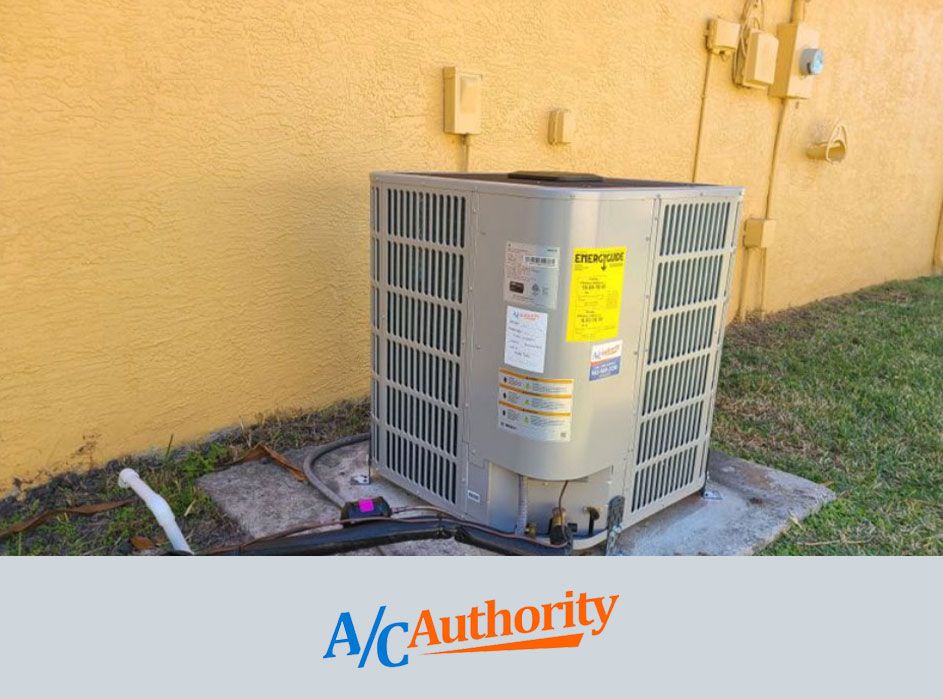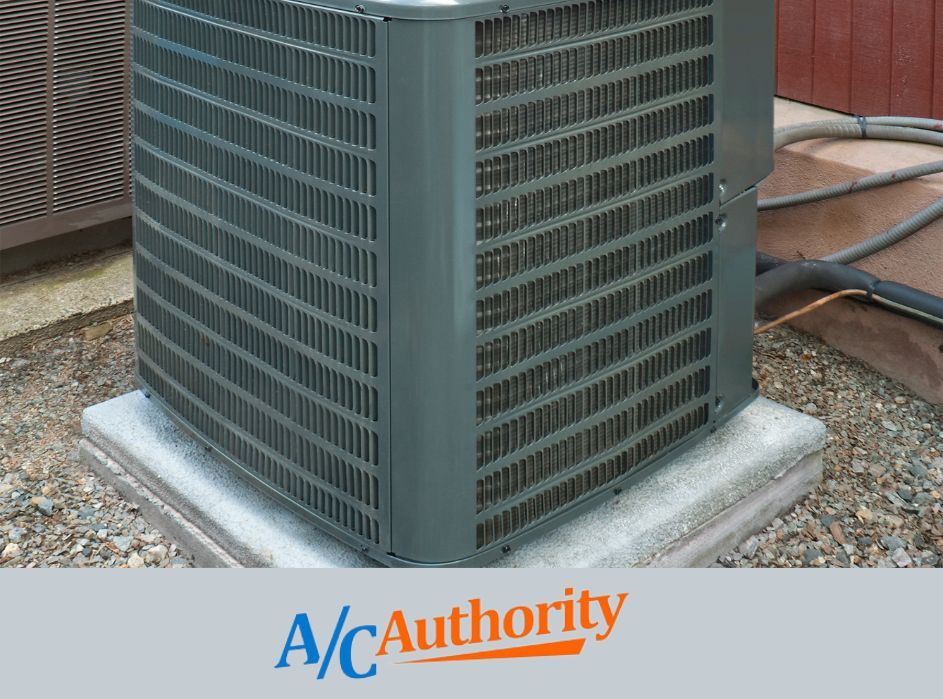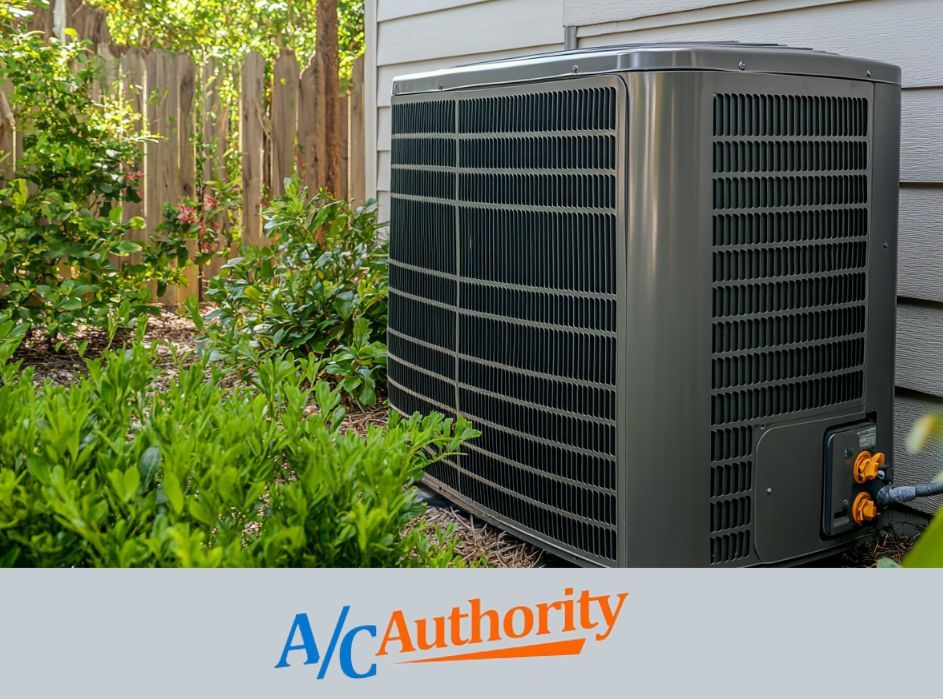
Different Types of Air Conditioning Systems
TLDR: There are several types of Air Conditioning units available on the market. If you compare cost, energy consumption, size and efficiency, you will find that some are better than others! We recommend contacting us before making a purchase to ensure you get the right unit for your specific needs. Ultimately, regardless of what AC unit you have, AC Authority can repair any system and keep it in pristine condition.
When looking at the Air Conditioning market it is fairly easy to get overwhelmed. The sheer amount of systems available means you have a plethora of options to choose from and not all of them are good for every environment. What kind of system you need can change depending on:
- Your budget
- How energy efficient the system needs to be
- The amount of space you have for your system
- The amount of cooling power you need
As the premier experts in all things Air Conditioning, we know all systems back and forth, front to back! So we provided this guide to help you sort through all your options. Of course, the best thing to do would be to get a recommendation from the experts but this can get you started on your information gathering journey.
Why Air Conditioning Is Important
Air Conditioning, or AC units are one of the most common appliances in American homes you can find. They not only keep your home cool, but keep the air quality good and can help reduce energy costs during certain times of the year.
The better your system is at using energy the more money you can save. While keeping your unit well maintained influences how efficiently it works, it is important to know the capabilities upfront as well.
There are 7 main types of air conditioning systems we will cover, each with their own pros and cons! They are:
- Central Air Conditioner
- Ductless Mini-Split
- Window Air Conditioner
- Portable Air Conditioner
- Floor Mounted AC
- Hybrid / Dual Fuel Air Conditioner
- Geothermal Air Conditioner
Each one has specifications that may or may not be suitable for your home! Let’s dive in.
The 7 Main Types Of Air Conditioner Systems
Central Air Conditioning
We are starting off with the system we recommend for most homes and larger buildings. Suited for cooling multiple rooms, central air conditioning utilizes a split system, meaning the unit outside holds the condenser and compressor while what is actually in your home is the evaporator coils & air handler. It is worth noting that central air utilizes refrigerant to remove heat from the outdoor air while pushing the cooled air through ducts.
Pro tip: Most, if not all units can use programmable thermostats, making keeping your home a consistent temperature easy.
Advantages of Central AC:
- The use of ductwork to disperse the cool air maintains a consistent and regulated environment, even through large structures.
- Humidity is reduced thanks to the constant circulation of cool air.
Disadvantages of Central AC:
- This system uses a lot of power and can be the most expensive option depending on the size of the unit.
- Due to having a separate duct system to disperse the cool air you also have to maintain the ducts in order to keep consistent airflow.
Ductless Mini-Split:
Up next we have the much smaller but much more efficient ductless system. While it only cools small spaces (a room or two at best) it combines all of the parts that make up an AC unit into one compact machine. Mounted on a wall and equipped with blowers, the refrigerant circulates depending on which setting is being used. The common recommendation is to have one unit per room, though you can see how that can get expensive quickly.
Mini-splits usually have a remote controller or an app that you can use from your phone making them a somewhat more convenient option as well.
Advantages of Ductless Mini-Splits:
- Easy to install and due to being more compact can be put almost anywhere.
- Can control multiple rooms’ temperature independently of each other.
Disadvantages of Ductless Mini-Splits:
- Unable to cool large homes unless multiple units are installed.
- Obviously visible and must be mounted on an empty portion of the wall.
Window AC:
These units come in several sizes that can cool either a single room or a small home with decent efficiency. Many american homes utilize window AC units, since all of the components are kept in one place the filter is easy to clean out and the mount to the window keeps any hot air from the system directed outside of your home.
Advantages of Window AC:
- Less costly to maintain and cheaper to install.
- Easier to install and maintain.
- Utilizes the space around a window rather than a wall or the floor.
Disadvantages of Window AC:
- Both noisy and very obviously in plain view.
- Blocks a window in your home but must also be near an outlet.
- Unable to be mounted on odd-shaped windows
Portable Air Conditioner:
Next up is a unit that has many of the same design specifications as a window AC, minus needing to be mounted in a window. The components are still in a single unit, it has a removable, cleanable filter and requires a free power outlet. Coming in multiple sizes you can cool anything from small areas in your home to full sized rooms.
Portable AC units can also either have single-hose systems or double-hose systems. They both expel hot air back outside but the dual-hose system also pulls air from outside in order to be cooled.
Advantages of Portable AC:
- Simple to set up.
- Can be moved since they are not “installed” like other units.
- Effective for spot cooling without breaking the bank.
- Can be stored quickly and without needing a lot of space.
Disadvantages of Portable AC:
- Noisy during operation.
- Unable to cool large rooms well.
- The house still needs to be near a window while in use.
Floor Mounted AC:
These air conditioners were designed to be as convenient as mini-split systems but don’t need to be mounted high up on a wall. It is also ideal for tilted or glass walls, with the outer portion of the unit able to be installed with little preparation and no ductwork.
The filters used in floor mounted AC units are easy to check and since the unit sits at the same height as you they very effectively cool and heat rooms because the fans are blowing across the space evenly.
Advantages of Floor Mounted AC:
- The most accessible system available makes it the best choice for disabled or elderly people.
- Easy to install and takes up very little space.
Disadvantages of Floor Mounted AC:
- Needs the area in front of it to be clear or the airflow is interrupted.
- Not great at cooling large rooms since the airflow is so localized.
Geothermal Air Conditioning System:
This system is one of the newer solutions to air conditioning. It uses the ground beneath your home as insulation, while pumping water through the area that gets cooled or warmed respectively with geothermal technology.
The system takes extensive work to set up.
Advantages of Geothermal AC:
- High energy efficiency.
- The lifespan of this system is substantially longer than any other.
Disadvantages of Geothermal AC:
- Can only be installed in specific areas.
- The cost of installing this system is much higher than other options.
Hybrid/Dual Fuel Air Conditioner:
Last, but certainly not least is the hybrid system. Utilizing a gas furnace in combination with an electric heat pump, this option for air conditioning has decent performance and is fairly cost effective. The unit can switch between either electricity or gas-powered conditioning based on the outdoor temperature, the parameters of which are completely customizable.
If the inside of your home is hot the heat pump pushes the air outside while during the winter months the process is reversed. If it becomes too cold the furnace turns on in order to maintain the temperature instead.
Advantages of Hybrid/Dual AC:
- Has both efficiency and low-cost operation.
- Reduces your carbon foot-print.
Disadvantages of Hybrid/Dual AC:
- Can be expensive to install.
- You have to maintain both the furnace and the heat-pump in order for it to function properly.
Understanding Different Air Conditioning System Types
All of the options presented can be a good choice depending on the size of the space being cooled or heated, the amount of money you have to spend and the amount of energy available. This article gives the basic information required to assess which air conditioning system you need, but the process of shopping around can still be a challenge. As the expert AC installation and repair company, AC Authority can always help guide you to the best choice for your AC systems.

Call (772) 837-6243 or Book Online Now!
Recent Posts





